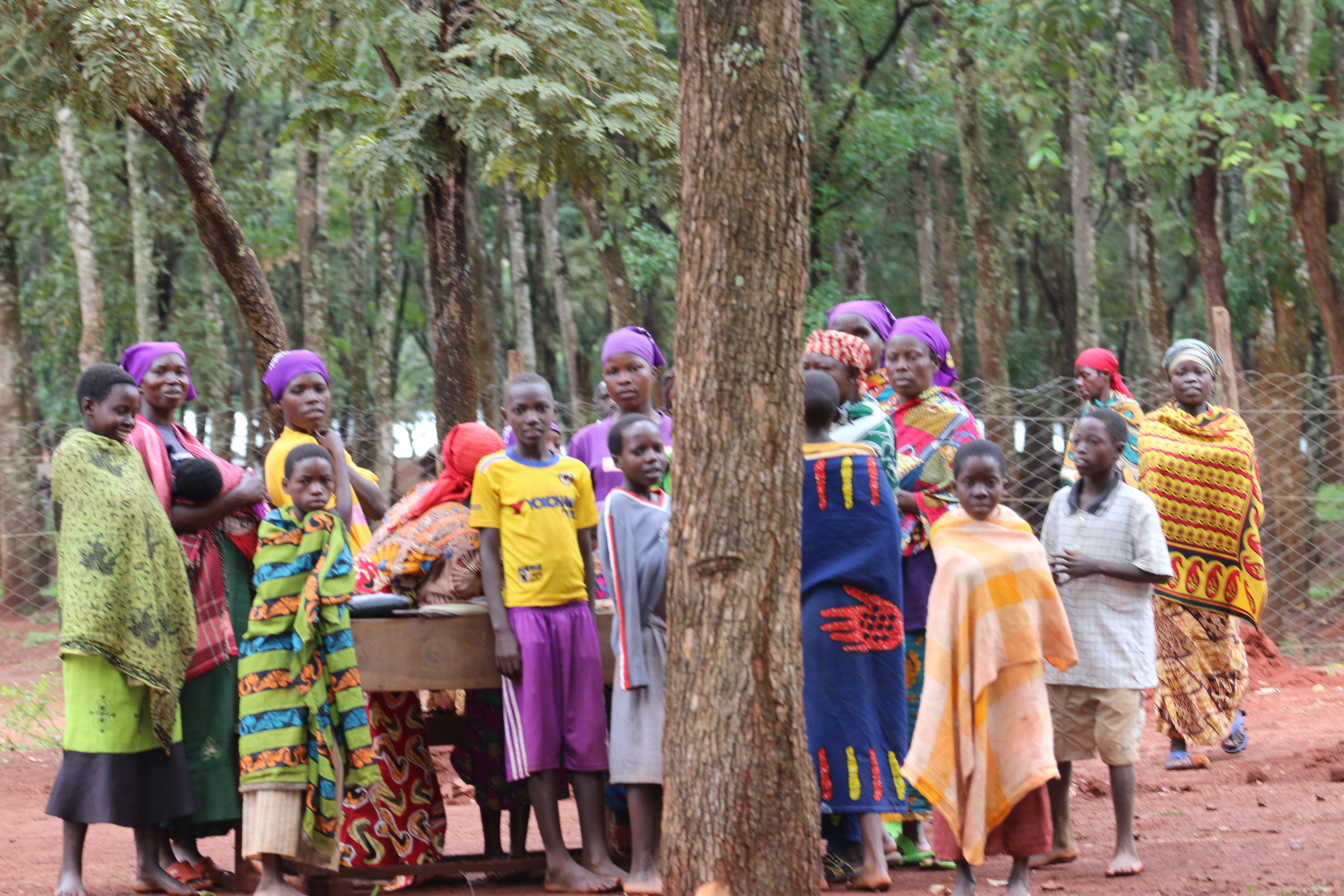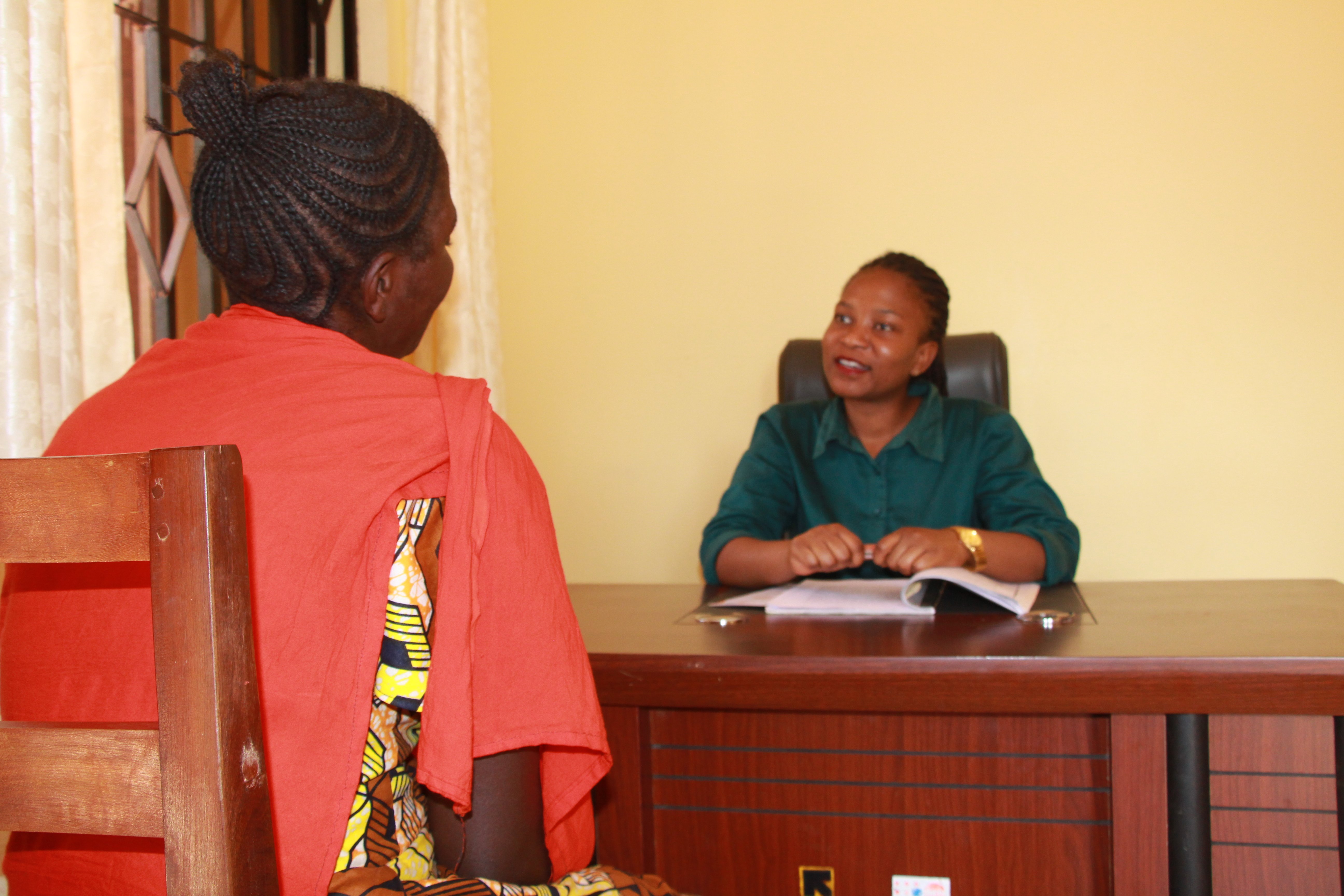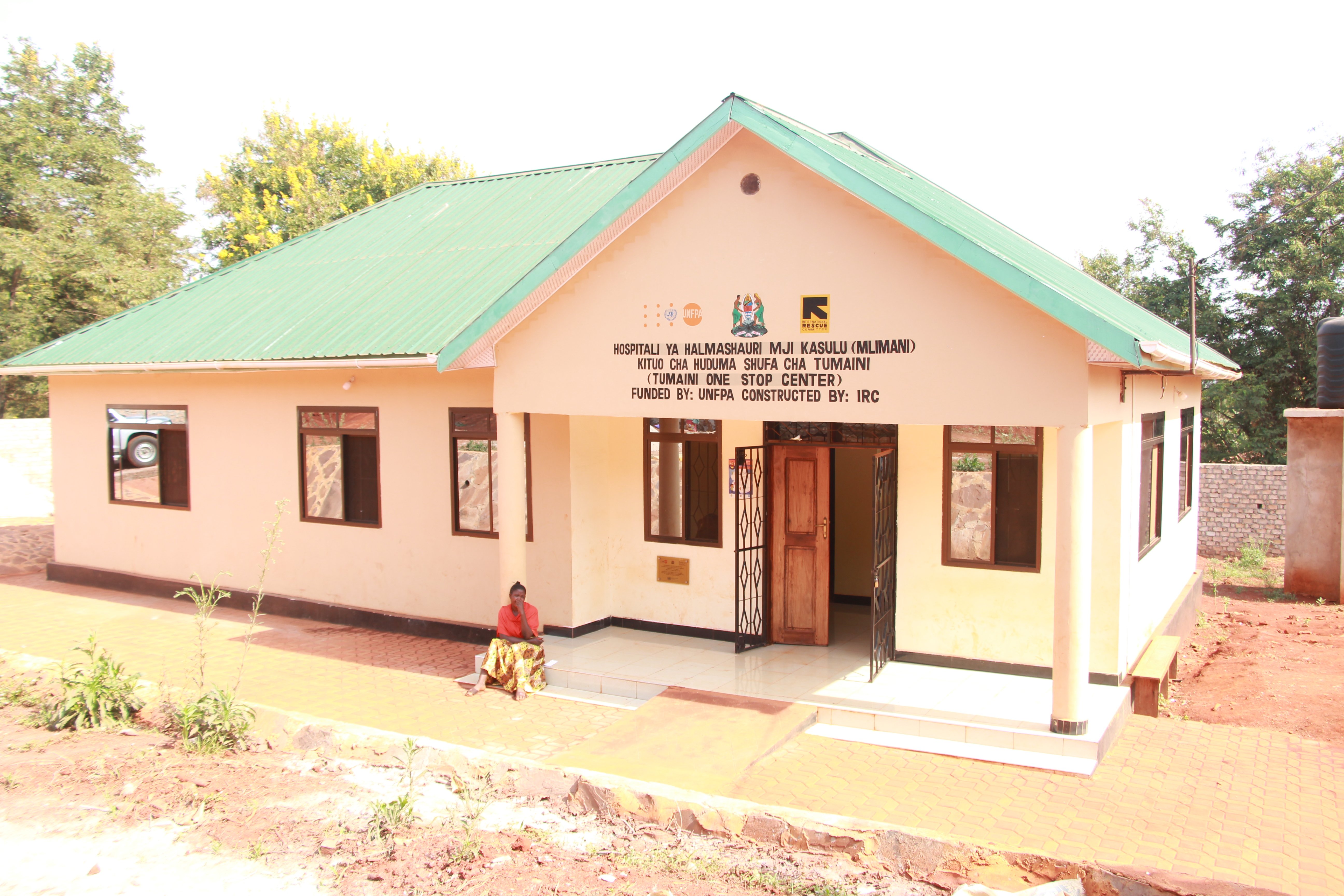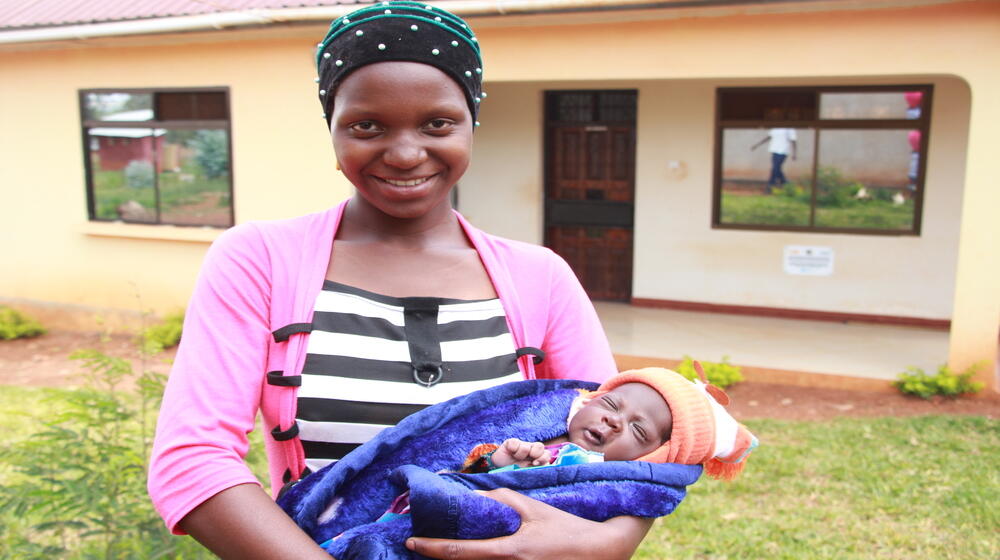Survival and Healing: Building a New Life in Nyarugusu Refugee Camp in Tanzania.

Though she fled alone, the story of Ana Kemia*, 19 years old, is echoed by many refugees who have fled from North Kivu, Democratic Republic of the Congo (DRC).
“People arrived in our village wearing uniforms. They hit us and insisted that my husband join their military services. My husband refused and ran away to avoid being taken. They raped me and left. I ran away because there was no longer peace in my village. I was already pregnant when I was raped and I ran away to find a safe place for me and my coming child. I was really frustrated about the rape, and I was worried about my pregnancy.

“I fled my village in April. I was pregnant at the time, I had no choice. I traveled alone for nearly two months. For most of my trip I walked, but I received some money from good people who helped me to travel across Lake Tanganyika by boat. I arrived in Nyarugusu Refugee Camp in early June.
“The major difficulties on my trip to Tanzania were finding food and shelter, and safe places to stay. I was so stressed, I couldn’t get enough sleep throughout those two months.” Upon arrival at Nyarugusu Refugee Camp, Ana Kemia received a medical screening, psychological support, and a dignity kit to support hygiene needs.

“Now that I have arrived, the best part of being here in Nyarugusu refugee camp is that I am happy and we are at peace. I like the services, especially the health services are really encouraging. For the future, I hope I will have a happy and healthy family and everything will be okay here in the camp. I wish to stay here in the camp forever as long as there is peace.”
Support for Gender-based Violence (GBV) Survivors
Since the increase in refugees arriving from DRC began in February, as of May 2023 a cumulative total of 11,357 new arrivals have been received at the reception centres in Kigoma Region, Tanzania; of these over 10,000 people have been relocated to the Nyarugusu Refugee Camp.

UNFPA and partners provide GBV prevention and response support and related capacity building services in Kigoma Region, Tanzania. Services are provided within Nyarugusu Refugee Camp, and in surrounding communities. Over the past months this support has been nearly daily utilized by individuals who recently fled from DRC.

In recent months, over 300 individuals (more than 50 males and 250 females) have been provided with GBV response services. The majority of the cases were emotional violence and rape, and took place in hometowns in DRC and while individuals were in transit to Tanzania. Cases also included denial of resources, physical assaults, and forced marriage.
While the possibility for prompt legal recourse is limited due to the incidents taking place across the border, cases are documented, and support is provided to survivors. Psychosocial Support officers through the Danish Refugee Council offer services to survivors at the screening point and at the health facility within Nyarugusu Refugee Camp.

Once screened and identified as GBV survivors, those who need medical care are referred to the Tanzania Red Cross Society where trained healthcare workers offer clinical care and GBV case management.
Services are offered to survivors of Sexual and Gender-Based Violence with compassion and sensitivity, under the principle of do no harm, to respect the dignity and human rights of the affected individual.

UNFPA is partnering with IRC to implement GBV interventions under the Ujana Wangu Nguvu Yangu project, funded by the Government of Ireland, as well as the UN One Fund for Violence Against Women and Children as part of the Kigoma UN Joint Programme.
Dignity Kits for GBV Survivors
All recorded GBV cases were provided with dignity kits from UNFPA. An initial 400 dignity kits intended for GBV survivors were channeled to the refugee camp through UNHCR. A further 250 dignity kits have been prepositioned in five GBV case management centers at the Nyarugusu Refugee Camp.

Ana Kemia* gave birth to her baby girl at a health centre in Nyarugusu Refugee Camp. After giving birth she received a dignity kit from UNFPA. “I am in urgent need of everything, so everything in this dignity kit is important to me, especially the pads because I do not have any of these materials. As I am currently in the postnatal period, these materials will surely help me to improve my personal hygiene, and my baby’s hygiene too.”
GBV One Stop Centre
Further capacity to support clinical management of GBV survivors in Kigoma municipality is available via the UNFPA-supported GBV One Stop Centre within the Mawen Referral Hospital. A total of 11 asylum seekers, all survivors of sexual violence, were referred to this facility for care following their identification and reporting upon arrival in March 2023 at the reception centres.

UNFPA trained social welfare officers, medical personnel, police, psychosocial support officers at the One Stop Centre to offer a full range of GBV services under one roof. The One Stop Center in Kigoma municipality was founded in 2021 through the Ujana Wangu Nguvu Yangu project funded by the Government of Ireland.
*Names have been changed for privacy reasons
Written by: Sandra Black, Herry Lugala, Warren Bright @UNFPATanzania
Photo: @UNFPATanzania / Warren Bright


